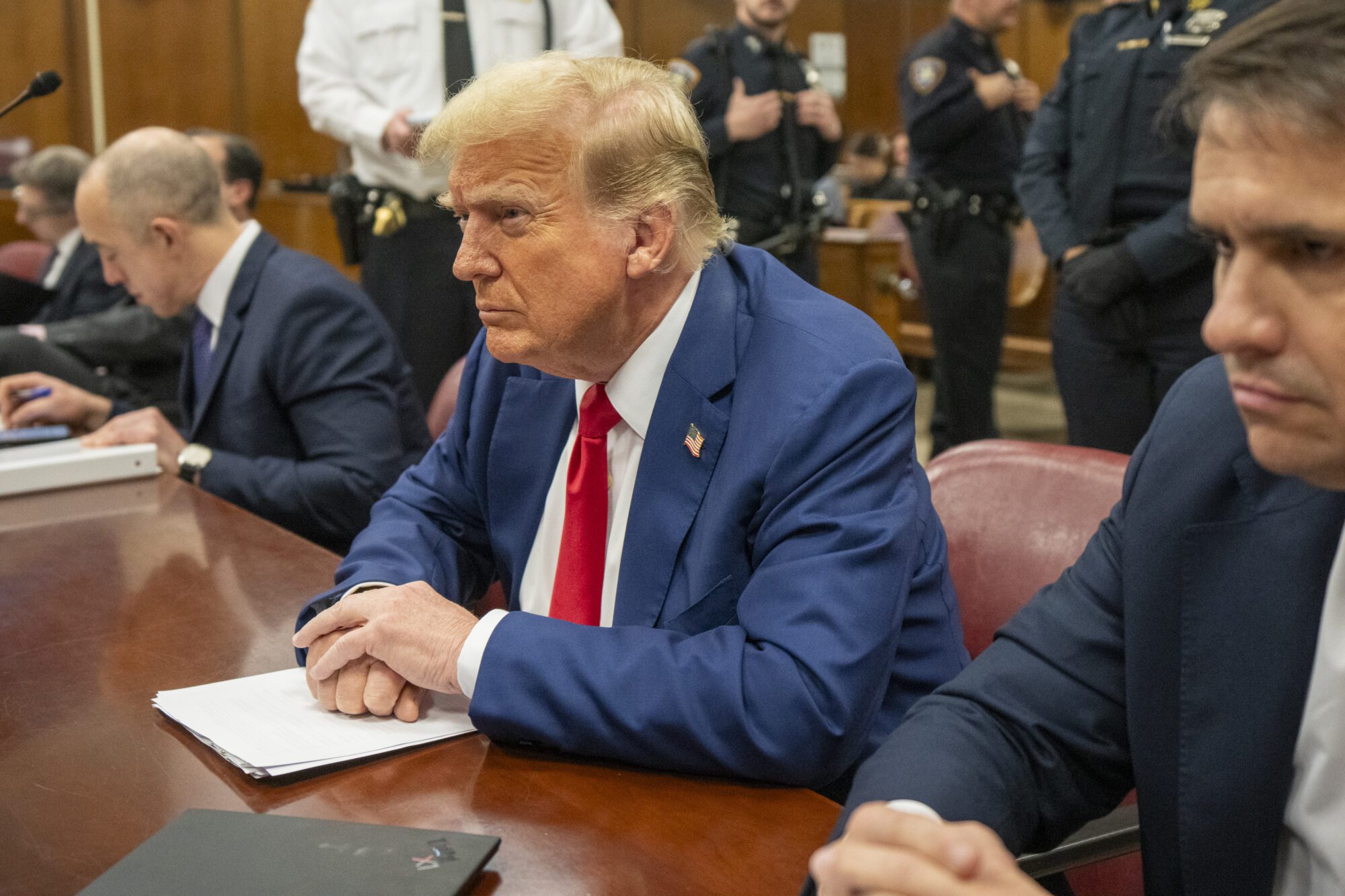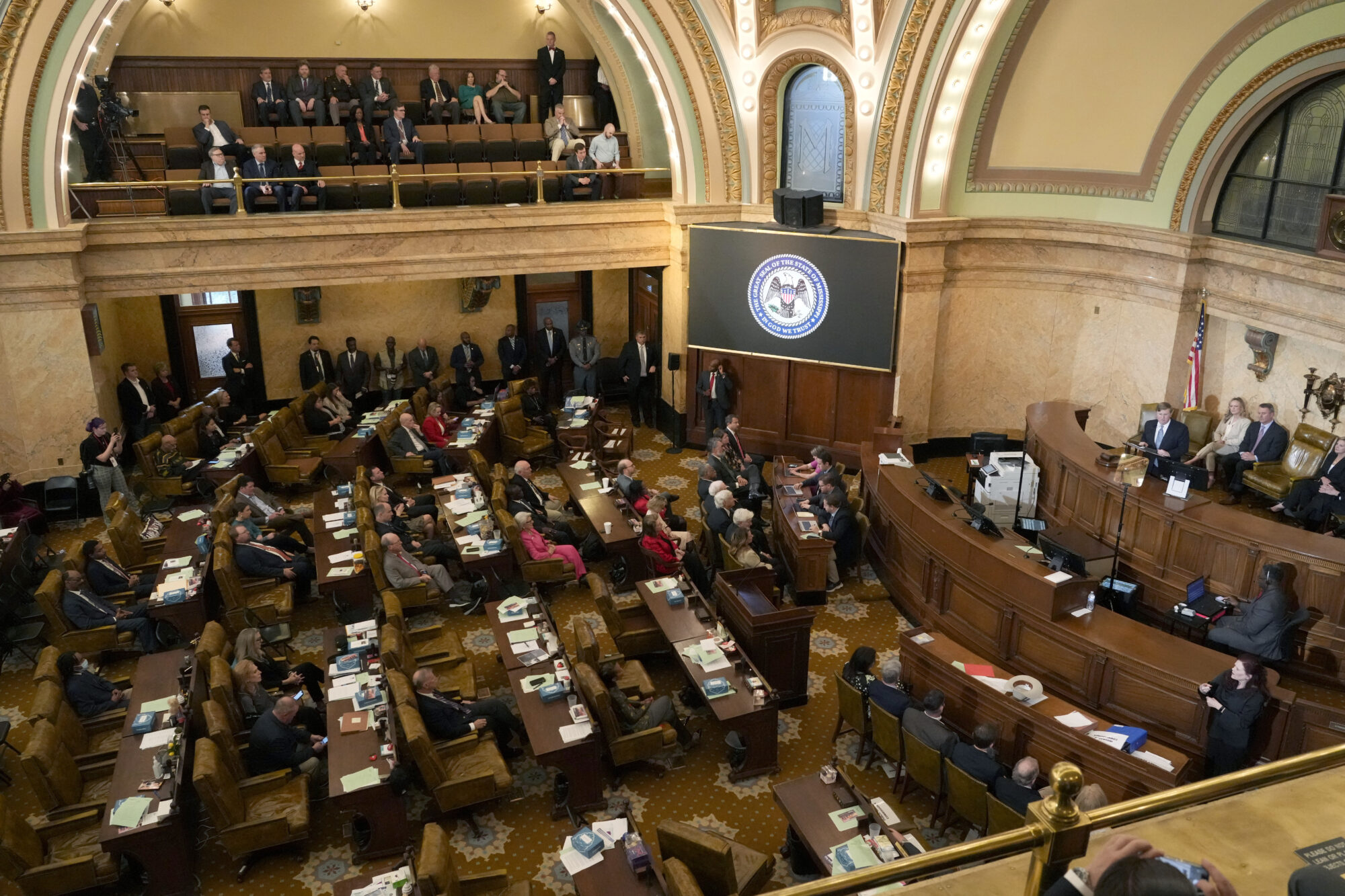Innovators & rural advocates join forces to deploy TV white spaces technology for high-speed broadband coverage across rural America
Rallying around a plan to eliminate the digital divide by 2022, a diverse group of community leaders, rural advocates and top innovators today announced the national launch of
Connect Americans Now (www.connectamericansnow.com) and the formation of local partnerships in Mississippi. The new alliance will work with the Federal Communications Commission (FCC) and
other policymakers to ensure that there is sufficient unlicensed low band spectrum in every market in the country to enable broadband connectivity.
“All Americans – regardless of where they live – deserve access to high-speed internet,” said Richard T. Cullen, Executive Director of Connect Americans Now (CAN). “Without a broadband connection,
millions of students struggle to keep up with their assignments, Americans in rural areas are unable to fully utilize telemedicine, farmers are denied the promise of precision agriculture and businesses are unable to tap into the world of online commerce. Congress and the FCC must stand with rural America by allowing internet service providers to deliver broadband via white spaces spectrum.” CAN’s founding partners include Microsoft, ACT: The App Association, the National Rural Education Association, the Schools, Health and Library Broadband Coalition, the Wisconsin Economic Development Association, Alaska Communications, Axiom, the Mid-Atlantic Broadcasting Communities Corporation, the American Pain Relief Institute, HTS Ag, and others. As a part of the initial launch, CAN is forming partnerships across rural America to educate stakeholders about the opportunities available via long-range, wireless broadband over TV white spaces. They also are spearheading an advocacy campaign in Washington, D.C., where FCC regulators have the authority to make sufficient unlicensed spectrum available in each market for high-speed internet.
“It’s critical to expand broadband access, especially for the millions of rural Americans who are on the wrong side of the digital divide,” said Mississippi Governor Phil Bryant. “I applaud Connect Americans Now’s efforts to extend high-speed access to the internet in rural America and urge the FCC to reserve white space channels in the U.S. market to better enable access to broadband internet.”
“A reliable and cost-effective broadband connection will change the lives of millions of Americans who live each day without this basic necessity,” said Tad Deriso, President & CEO of Mid-Atlantic Broadband Communities Corp. “Through our pilot project with Microsoft, we have witnessed the transformative effect that providing broadband via TV white spaces brings to rural families who otherwise could not obtain internet service, and hope that the FCC will embrace the potential of Connect Americans Now’s plan to close the digital divide.”
The plan endorsed by CAN will rapidly accelerate the deployment – and reduce the cost – of high-speed internet service for 23.4 million rural Americans who live each day without broadband access.
It does so by taking advantage of unused but powerful bandwidth below the 700 MHz frequency range, also known as TV white spaces, made available on an unlicensed basis. Wireless signals in
this range can travel over hills and through buildings and trees and therefore are great for last mile broadband access in rural areas. From education to telemedicine and precision agriculture to business development, closing the digital divide could transform the lives and livelihoods of rural Americans from all walks of life.
Implications of the Digital Divide in Mississippi and Around the U.S.
– 6.5 million students lack access to high speed internet, but 70 percent of teachers assign
homework that requires a broadband connection. More than 215,000 Mississippi students
reside in rural areas, where more students struggle to keep up with their assignments and fail
to learn the computer skills they need to succeed and enter college or the workforce.
– Telemedicine could collectively save lives and millions of dollars annually for underserved
patients and rural hospitals that pay up to three times more for broadband than their urban
counterparts. Forty-three percent of Mississippi’s hospitals are in rural areas, and broadband
connectivity could allow their patients, regardless of where they live, to access specialists and
benefit from advanced monitoring services that would normally require hours of travel for
patients or their providers.
– Mississippi is home to more than 38,000 farms, and broadband access could bring them
promise of precision agriculture, including remote monitoring equipment that helps farmers
save money by optimizing irrigation, conserving resources and increasing yields. It also allows
farmers to search for new customers, find buyers willing to pay higher prices and identify the
most affordable sources of seeds, fertilizers and farm equipment.
-Small businesses employ 47 percent of Mississippi’s workforce, and broadband access will
drive economic growth and job opportunities by enabling them to expand their customer base
from local to global and attract new industries to rural communities.
-High-speed internet supports workforce development by allowing rural job seekers to access
services online, develop new skills through cloud-based training and secure additional
employment opportunities like remote teleworking. It will also allow rural communities to keep
and attract new workers who require a broadband connection to carry out their daily
responsibilities.
Connect Americans Now Press Release
1/2/2018







